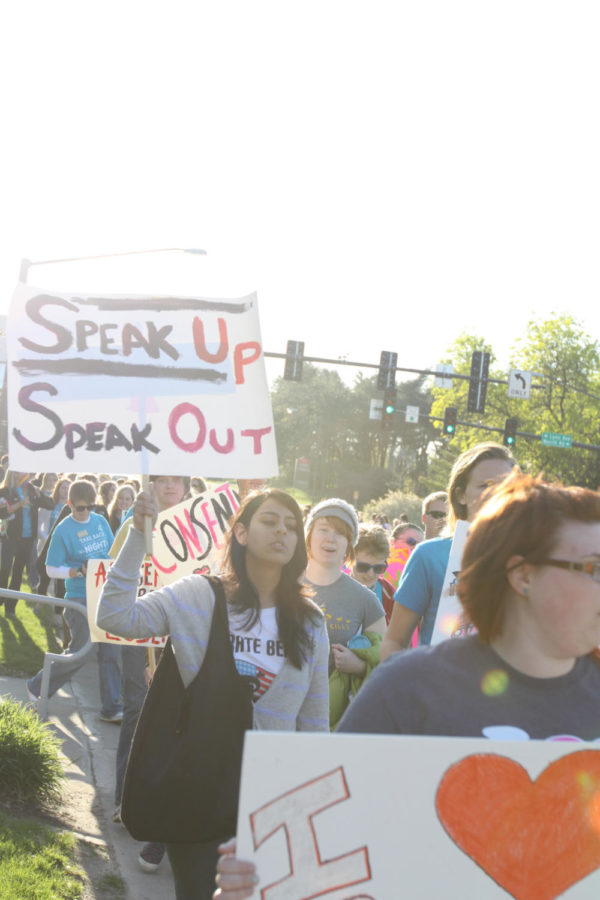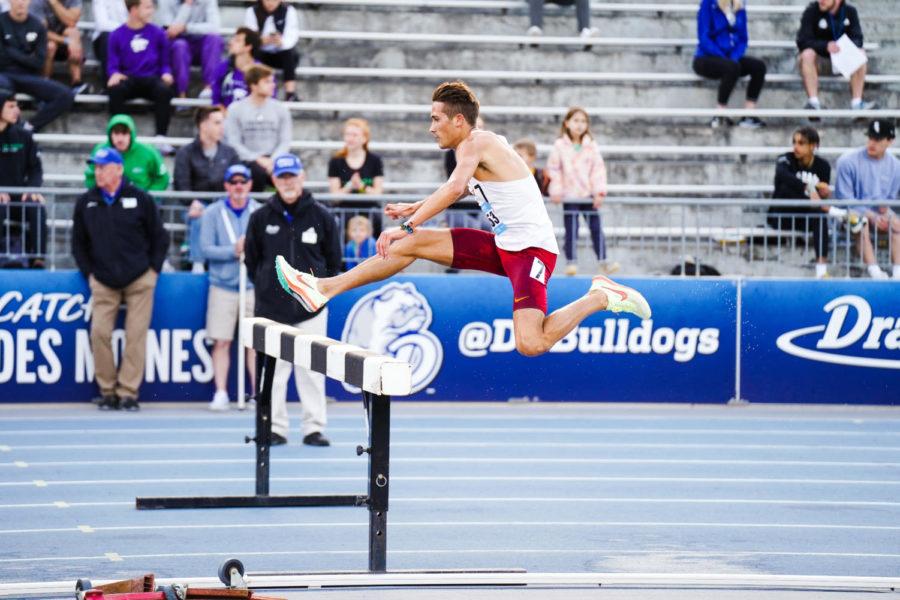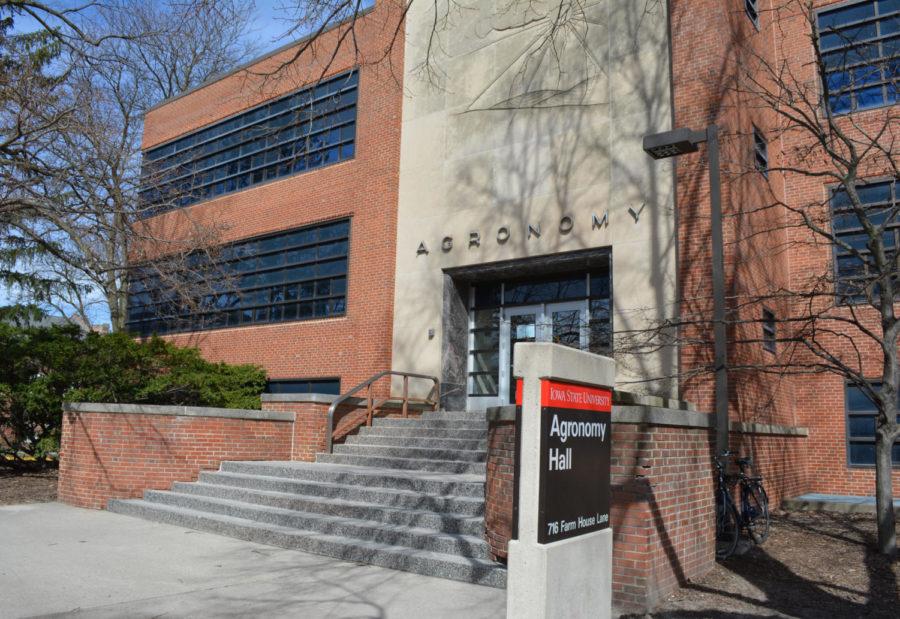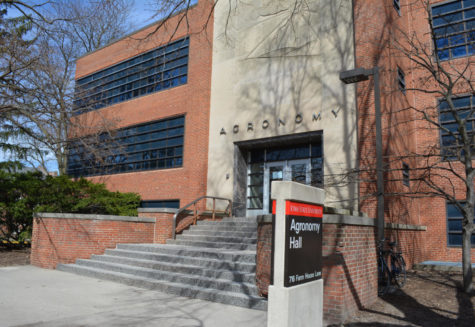Take Back the Night event raises awareness of gender based violence
April 11, 2012
April is Sexual Assault Awareness Month, which means discussions about issues that some consider uncomfortable and most try to avoid thinking about. Take Back the Night is an event where anyone can come and bring these issues into the open.
“Take Back the Night is about unifying students, staff and the community to create a community without gender based violence,” said Chris Fowler, interim director of the Margaret Sloss Women’s Center. “We know violence doesn’t only happen at night, but it can happen anytime, and awareness is needed.”
Take Back the Night traces its roots back to a string of murders in London committed by someone known only as “Jack the Ripper.” He raped and killed at least five women in the dead of night, and no one was ever convicted of the crimes.
Later, in the 1970s, the “Yorkshire Ripper” emerged, and Peter Sutcliffe was convicted of killing 13 women and severely beating seven others. During the time of these killings, police encouraged all women to stay indoors at night for their own safety. Outraged at these murders and the public’s reaction to them, the women of Leeds, England held their first Take Back the Night in 1977.
Here at Iowa State, the Take Back the Night march began at the West Terrace of the Memorial Union. They began by handing out T-shirts to people. Then, they handed a check for $5,293.20 to the Assault Care Center Extending Shelter and Support for their fundraiser, the “Vagina Monologues.”
They then had multiple speakers from different organizations involved in the march.
“Your gender, religion, race or sexual preference doesn’t matter,” said Jennifer Plagman, assistant dean of students and director of Greek Affairs. “Sexual misconduct doesn’t discriminate; it’s a part of our culture.”
They then began their march, chanting things like: “Yes means yes, no means no, whatever we wear, wherever we go,” and “Two, four, six, eight, no more date rape.”
They stopped at five places: Sorority triangle, the front steps of Friley, the UDCC and the Campanile and read anonymous stories from actual survivors of sexual violence.
“This is a great opportunity to let college students know that people care,” said Amanda Thill, senior in psychology.
When the march ended, everyone who was involved was invited to the Sloss House to discuss the march and the stories which had been shared.
“My hope is that my daughter won’t have to attend a Take Back the Night march,” Plagman said, “because we would have solved these problems and removed the need for a cause.”

















